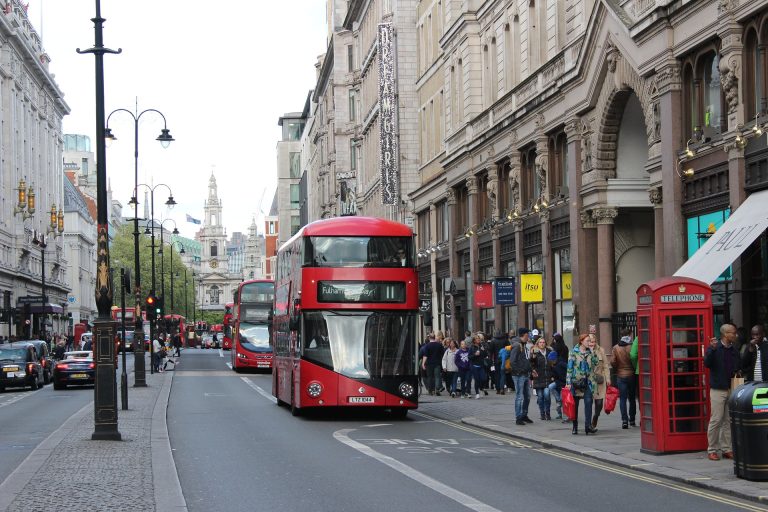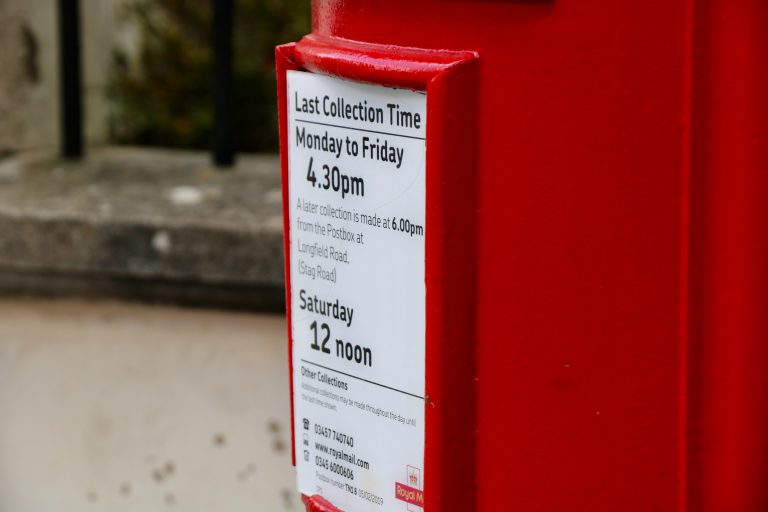An infamously evocative Redemption Menu offering the city’s most striking collection of non-alcoholic cocktails, wine and champagnes, has made Coco Grill & Lounge the most delectable way to keep your New Year resolutions in check.
With inimitable Tower Bridge views and a sumptuous Anatolian menu, the restaurant has become a favourite for those wishing to enjoy a completely alcohol-free experience. Expertly prepared cocktails including their Coco Martini, made with fresh coffee, cane spirit and vanilla, or their Royal Spirit Daquiri, sharp with lime and Butterfly Pea, compliment their sublime dishes, all rich with a host of Mediterranean flavours for an unforgettable meal.
Carefully crafted red and white wines are available, each paired exquisitely with the meat, fish, or vegan options, along with a sparkling rosé, bursting with red berries and muscat grapes. Their champagne, a wildly popular Espora 24K, at once floral and creamy with natural bubbles and 24 karat gold flakes, brings the finest in alcohol-free indulgence.
With their Cartel Suite for private dining and a Shisha Terrace boasting breath-taking city views, Coco Grill & Lounge invite you inside to begin 2023 hangover-free.
To find out more visit their website: Grill and Lounge Restaurant in Shad Thames – Coco Grill & Lounge (coco-restaurants.com)









